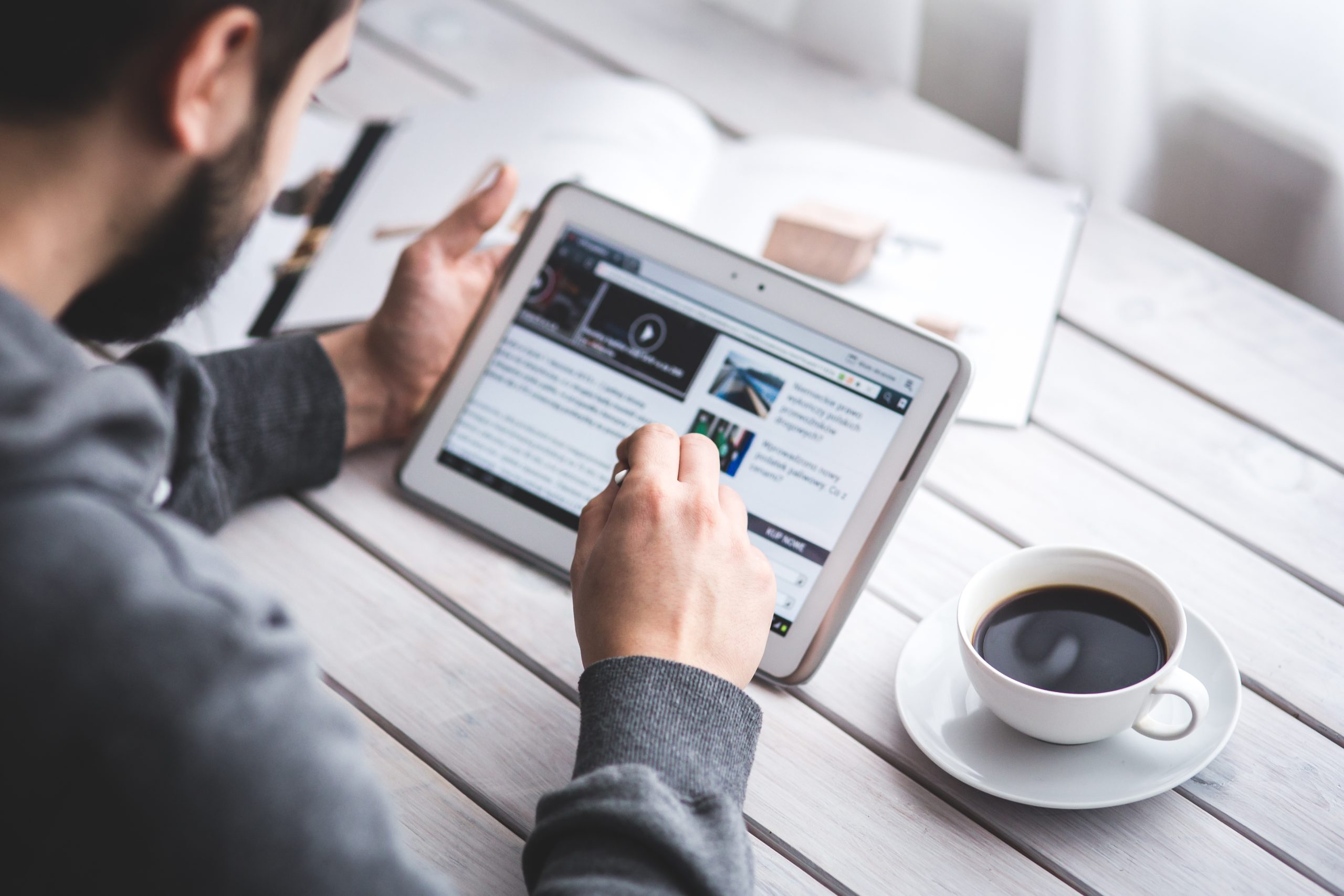With one of its most ambitious sectors, Android, Google is getting another major revamp with Microsoft Windows compatibility. A deal was done between Google. Leading PC manufacturers may give the extra enhancement features on Windows PC for Android.
The announcement came in the form of surprise as updates for compatibly on newer operating system is already placed.
The Consumer Electronics Show (CES) 2022 had some exciting pitches as usual. The hybrid version of the show certainly had its flashy side. Still, it is one on the other spectrum where real users benefit directly from the innovation and collaborative moves.
PC building brands such as HP, Acer, and Intel are all working together to bring out the most subtle version of Android on the Windows platform. According to NetMarketShare, 87.56 per cent of the world’s computer users are on Windows; the mac OS falls a lot behind, only 9.54 per cent.
Though there may be controversies on how pricy the products are, chances are the consumer market only grabs stuff that’s most convenient to them.
According to Statista 2021 mobile market share chart, Android holds the crown with 71.73 per cent of the smartphone market. Compared to the PC world, iOS, with a 27.41 per cent user base from the global user count, is not any negligible number. But that’s not the point of the news.
A raft of software features, integration capabilities, and not the version where Android feels like a guest in a system is the goal for the CES 2022 Android Microsoft experience.
Google said they are currently working with Acer, HP, and Intel to bring new capabilities. Still, the adaptation grows as more companies see the overall benefit. But the question remains, Apps for Android is built for phones; what could its practical use in desktop computers!
Users could run Android native applications with sandbox software or emulators, but the virtualization process is hungry for resources. The first-time project of Google building Android feature for Windows compatibility tells us how far we’ve come from device differences.
Android is incredible, to be honest, and it is reflected on user charts. But if we look closely, there is a version where many unique applications are only available for smartphones. Of course, there are PC alternatives, but some are just too good to ignore.
Smartphones have come a long way and can almost do every task a computer handles. But its form factor wouldn’t make any sense if we try to pour our ignorance and say it’s a PC alternative. It’s the other way around.
Apple’s Airdrop is a compact feature that makes file transfer easy and seamless. The primary goal of the integration is Fast Pair. Fast Pair is supposed to have better Bluetooth connectivity between Android and Windows. The feature will unlock more potential and help in-text message sync, file transfer, and other app features.
Many accessories still utilize Bluetooth connectivity, but the compatibility of Windows and Android is not par. In the later part of 2022, the features regarding the announcement will come as they are still in development.
Though not in the early stage as the contract was placed a while back, the initial deployment of consumer-grade software products will take a bit of time.
Currently, the Android ecosystem or number of software’s surpass what we have in Windows. Some of them are genuinely brilliant. Some of Apple’s features are envious to Android users, and it goes both ways. Hopefully, the Fast Pair connection option will close the margin by a significant percentage.
Also, core PC users who use Android as a daily driver will enjoy joining Android apps beta testing directly from their computers. Though it may be a long shot, the possibility is there.
Google said the Fast Pair would work on headphones, smartwatches, and similar peripherals. The introduction of TV and Chromebooks to the project may bring innovative options such as unlocking Chromebooks with Android. Like Apple Watch unlocking MacBooks, android wearables will unlock Android phones, Chromebooks, tablets. The authentication feature to log in is already on the Apple ecosystem.

